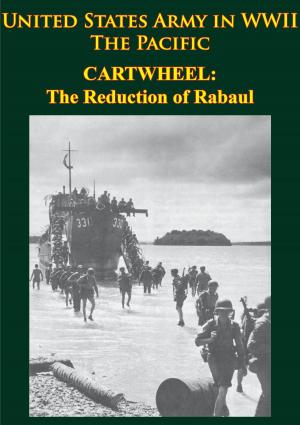Battle Of Tanga, German East Africa, 1914
Nonfiction, History, Military, World War I, Germany, British| Author: | Major Kenneth J. Harvey | ISBN: | 9781782896999 |
| Publisher: | Verdun Press | Publication: | August 15, 2014 |
| Imprint: | Verdun Press | Language: | English |
| Author: | Major Kenneth J. Harvey |
| ISBN: | 9781782896999 |
| Publisher: | Verdun Press |
| Publication: | August 15, 2014 |
| Imprint: | Verdun Press |
| Language: | English |
In November 1914, British Indian Expeditionary Force “B” conducted an amphibious assault on the Port of Tanga in German East Africa. The British possessed all the tools required for success; they outnumbered the defenders almost eight to one, they possessed the only artillery and naval guns available for the battle, and they landed where the Germans were weak. Despite these factors, a hastily organized German defense force of 1,100 soldiers not only defeated the 8,000 British soldiers, but also compelled Indian Expeditionary Force “B” to retreat to Mombasa.
This thesis examines the manner in which German and British forces were organized, trained, equipped, and led. Additionally, it identifies the critical factors that together led to British defeat at Tanga.
In November 1914, British Indian Expeditionary Force “B” conducted an amphibious assault on the Port of Tanga in German East Africa. The British possessed all the tools required for success; they outnumbered the defenders almost eight to one, they possessed the only artillery and naval guns available for the battle, and they landed where the Germans were weak. Despite these factors, a hastily organized German defense force of 1,100 soldiers not only defeated the 8,000 British soldiers, but also compelled Indian Expeditionary Force “B” to retreat to Mombasa.
This thesis examines the manner in which German and British forces were organized, trained, equipped, and led. Additionally, it identifies the critical factors that together led to British defeat at Tanga.
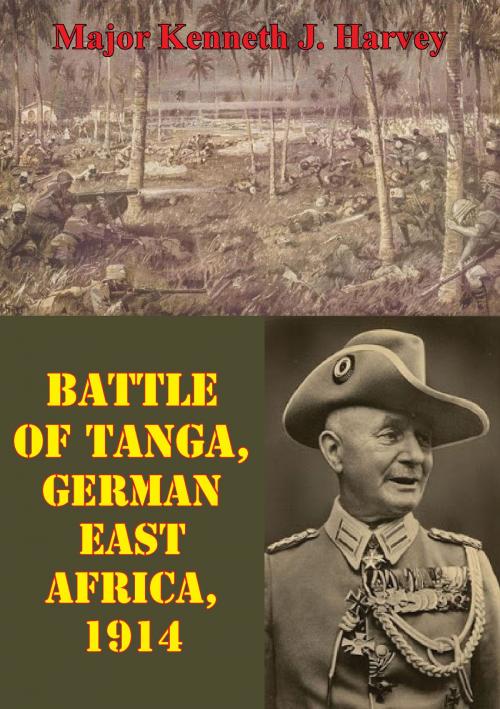
![Cover of the book NEW ZEALAND DIVISION 1916-1919. The New Zealanders In France [Illustrated Edition] by Major Kenneth J. Harvey](https://www.kuoky.com/images/2014/june/300x300/9781782892427-VkWo_300x.jpg)
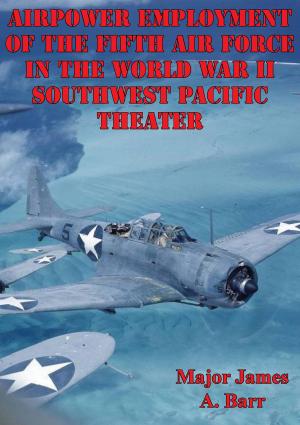
![Cover of the book THE NEW ZEALANDERS IN SINAI AND PALESTINE [Illustrated Edition] by Major Kenneth J. Harvey](https://www.kuoky.com/images/2014/june/300x300/9781782892441-FJuE_300x.jpg)


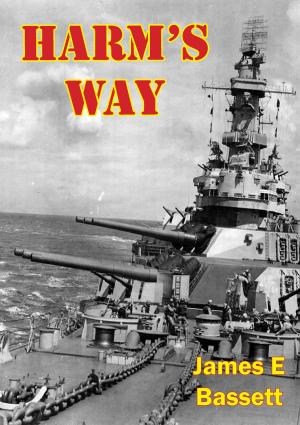
![Cover of the book Merrill’s Marauders February - May 1944 [Illustrated Edition] by Major Kenneth J. Harvey](https://www.kuoky.com/images/2014/august/300x300/9781782894506-MdWV_300x.jpg)
![Cover of the book Lost Victories: The War Memoirs of Hitler's Most Brilliant General [Illustrated Edition] by Major Kenneth J. Harvey](https://www.kuoky.com/images/2015/november/300x300/9781786257758-yHGy_300x.jpg)
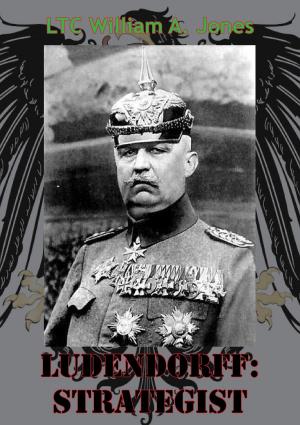


![Cover of the book Marines In World War II - Marines In The Central Solomons [Illustrated Edition] by Major Kenneth J. Harvey](https://www.kuoky.com/images/2014/august/300x300/9781782892793-Vgqt_300x.jpg)
